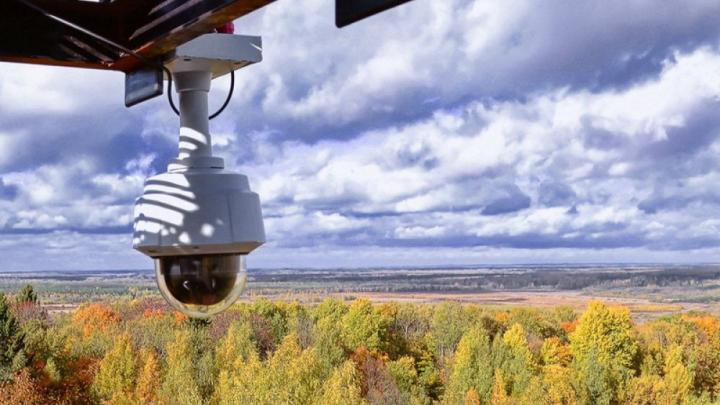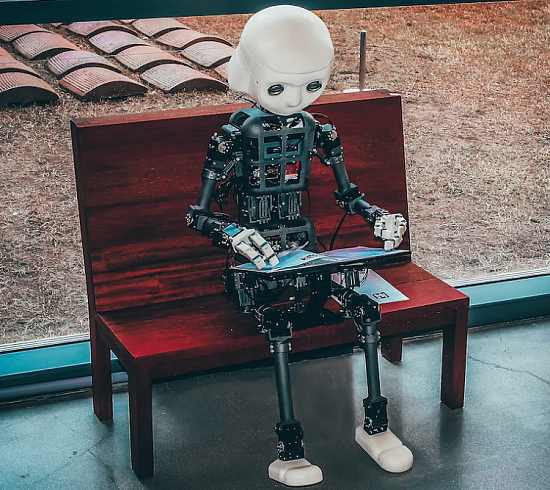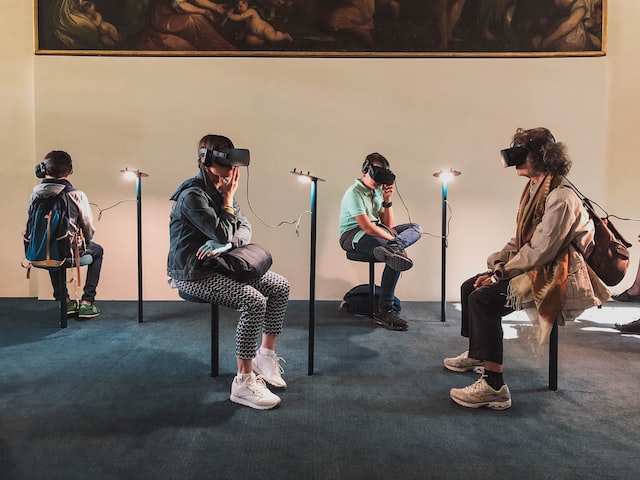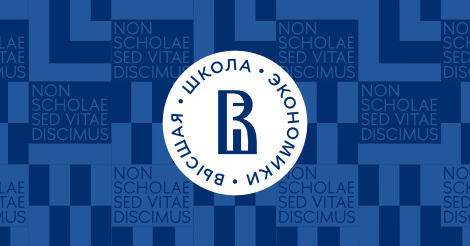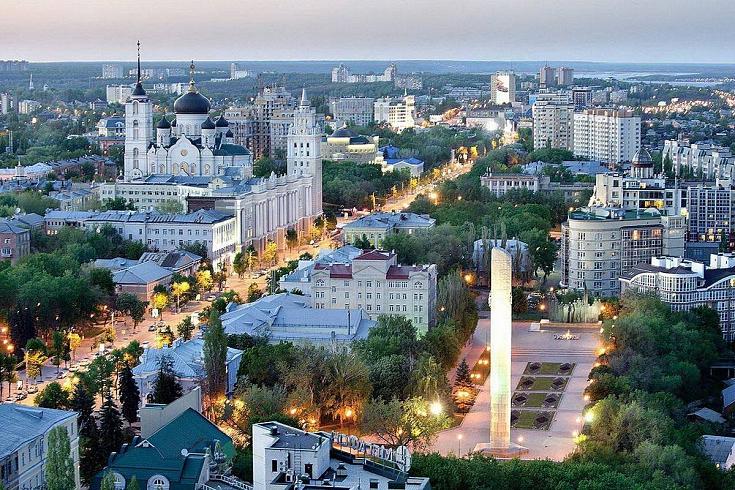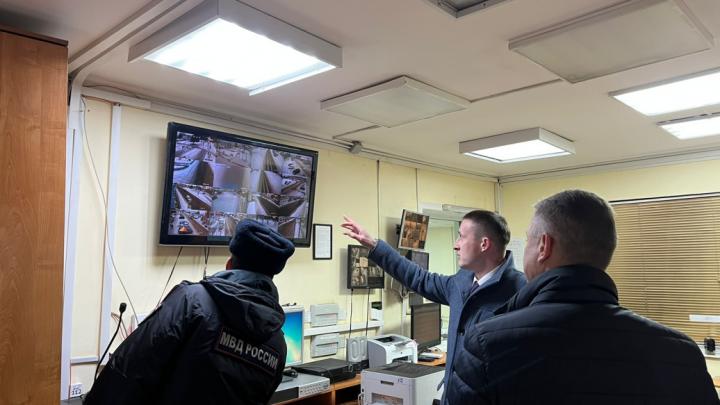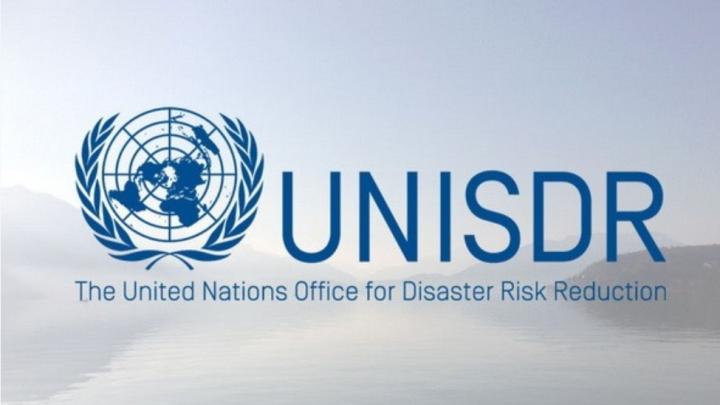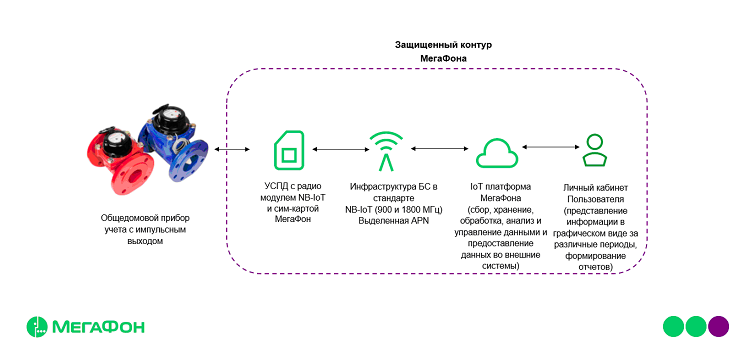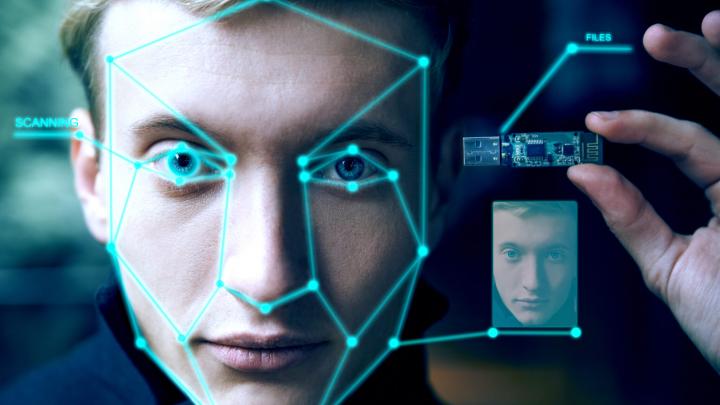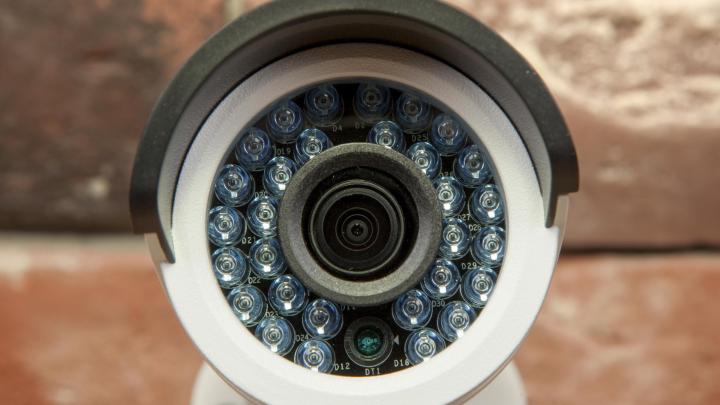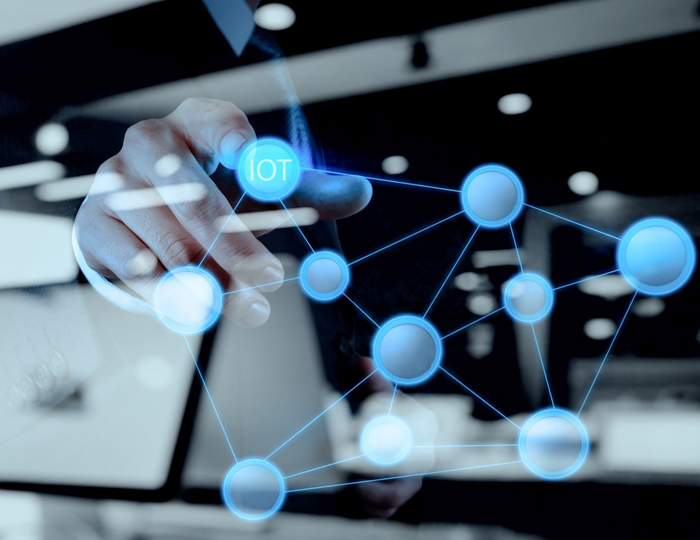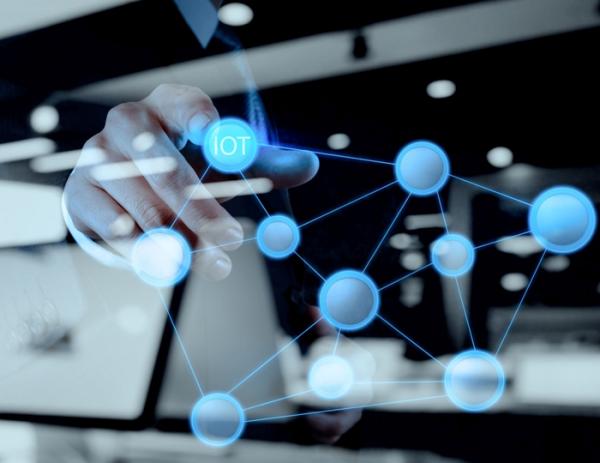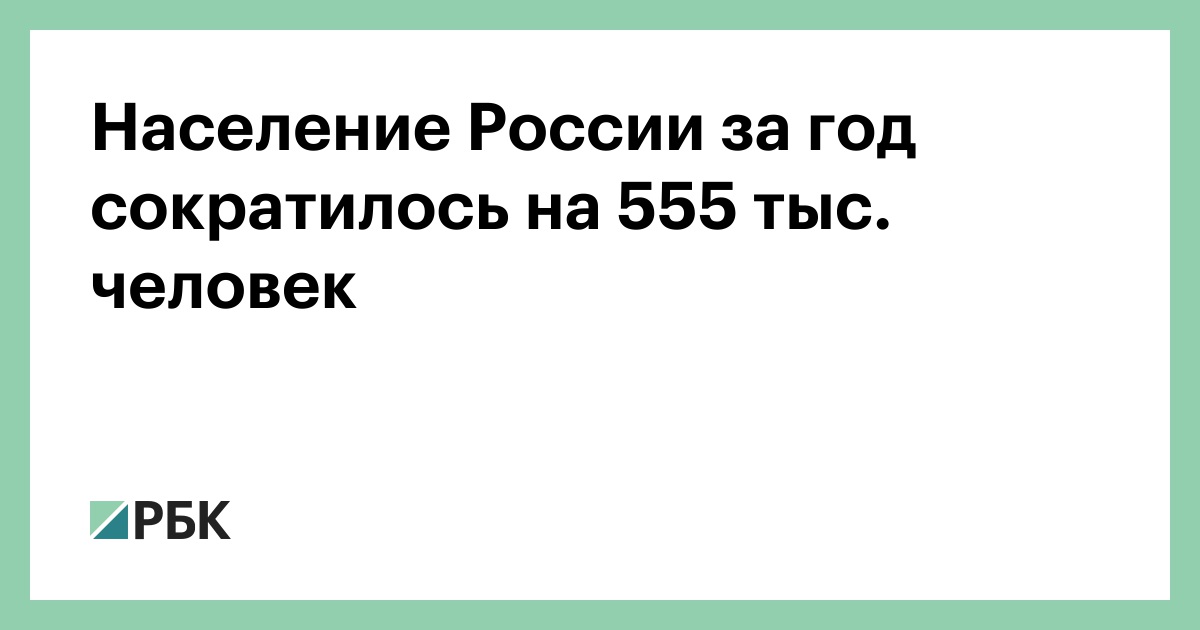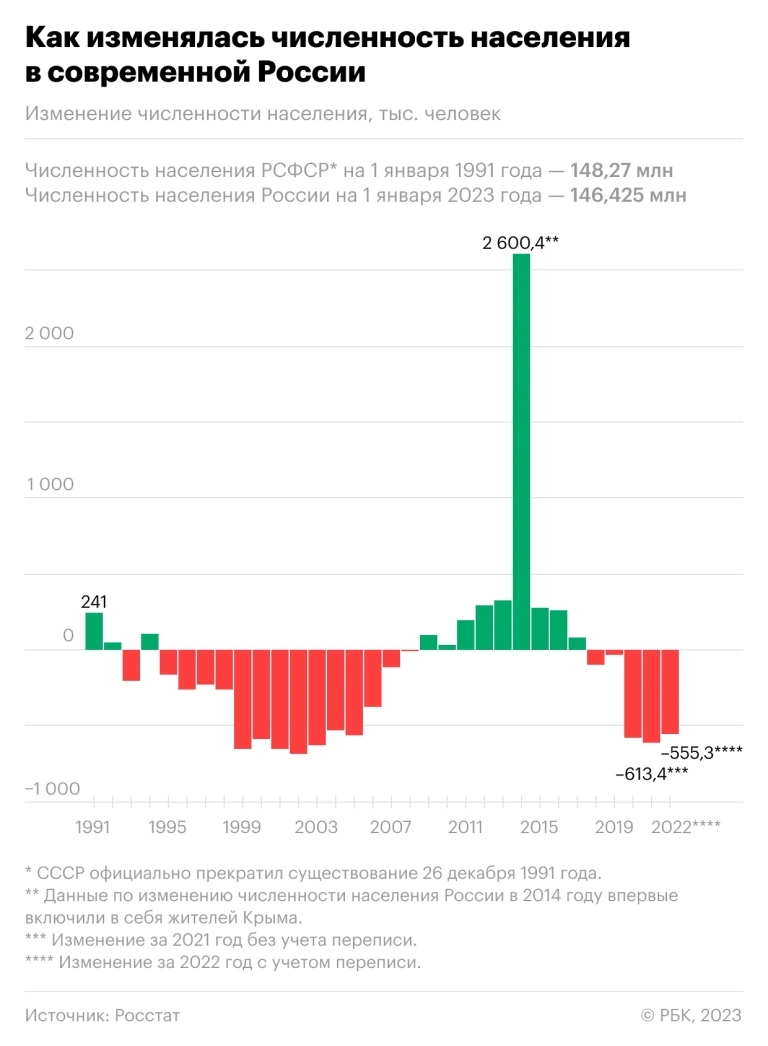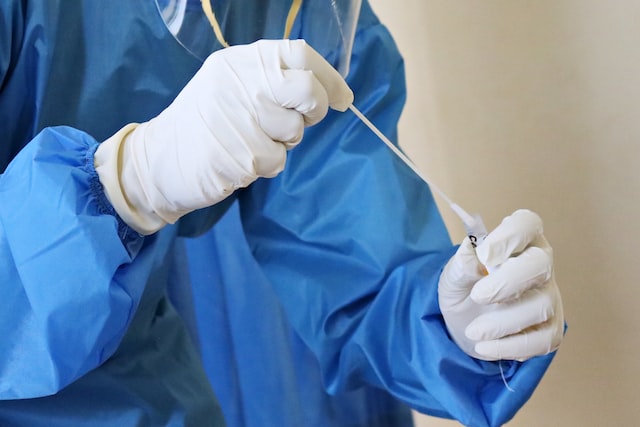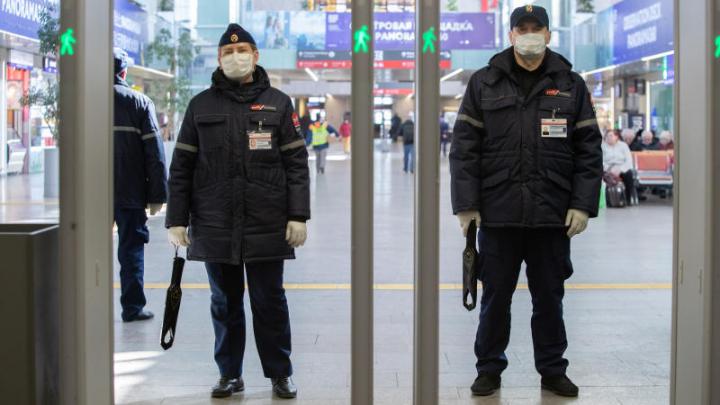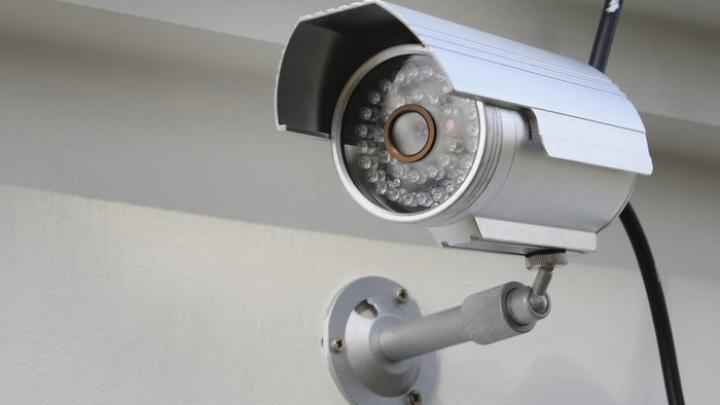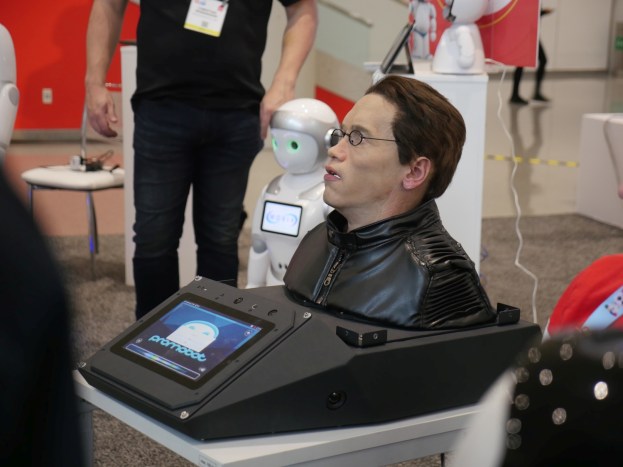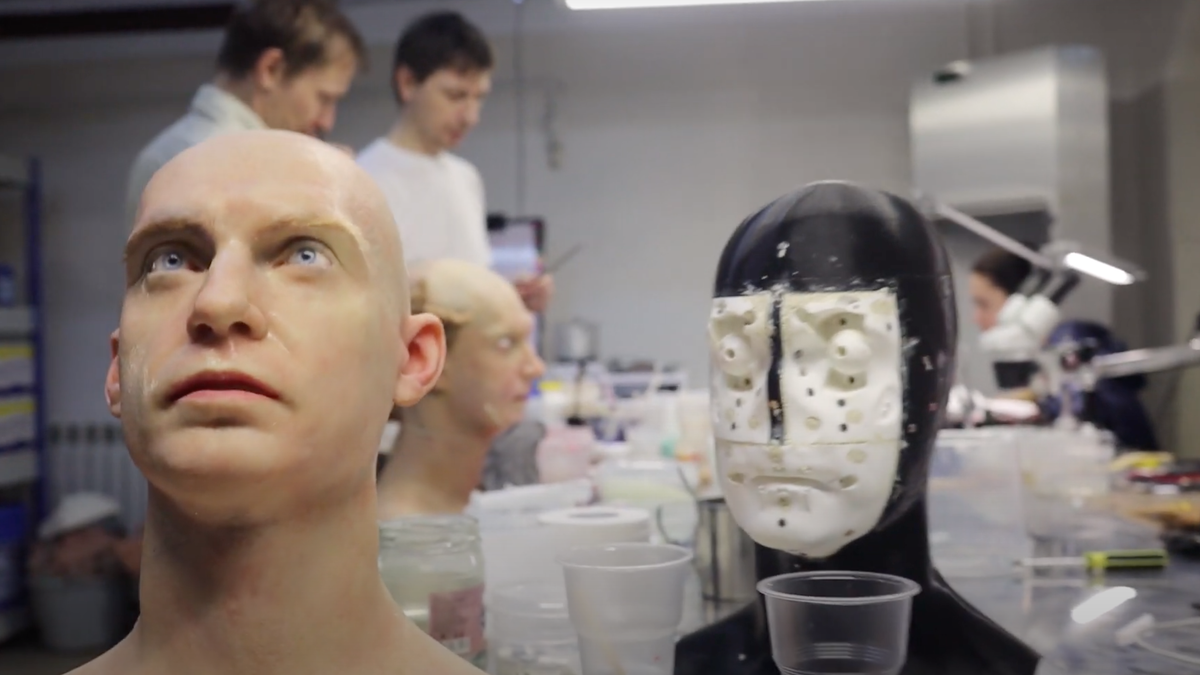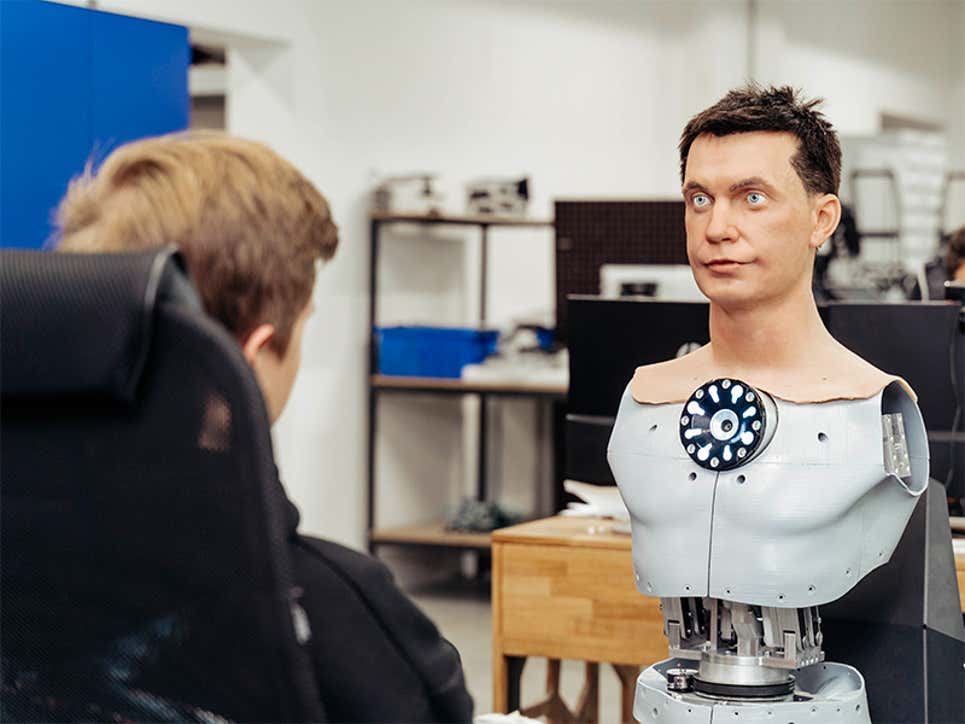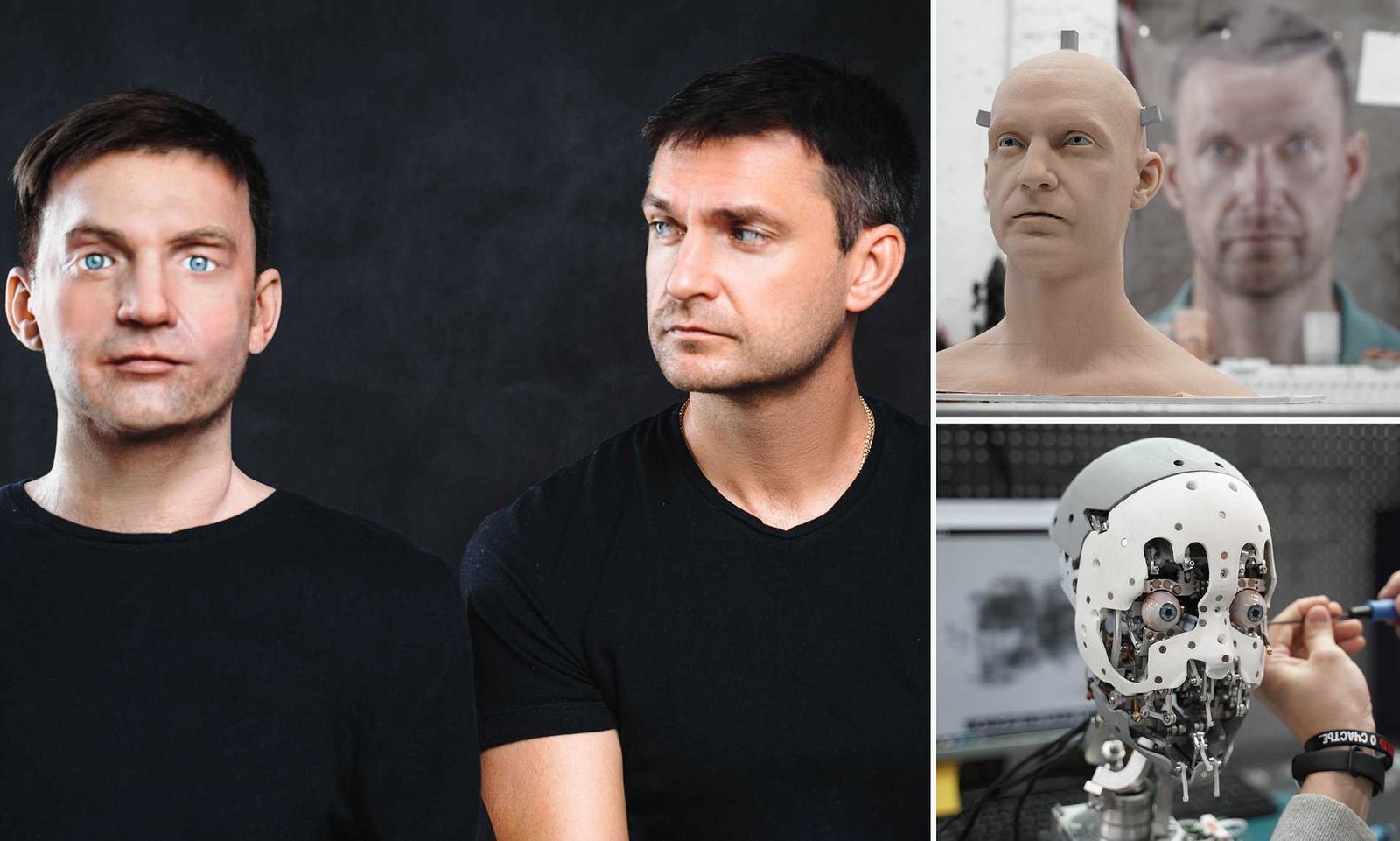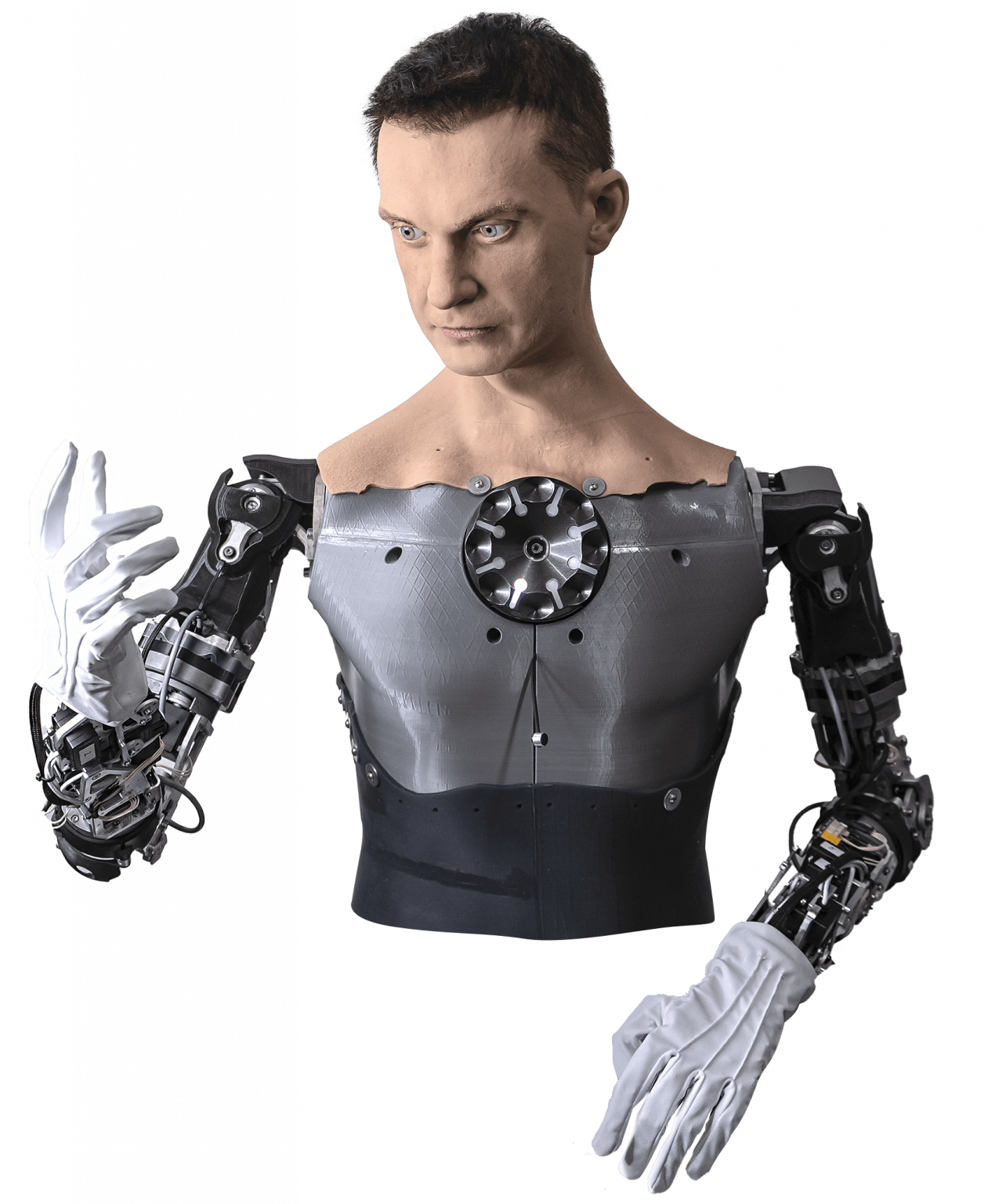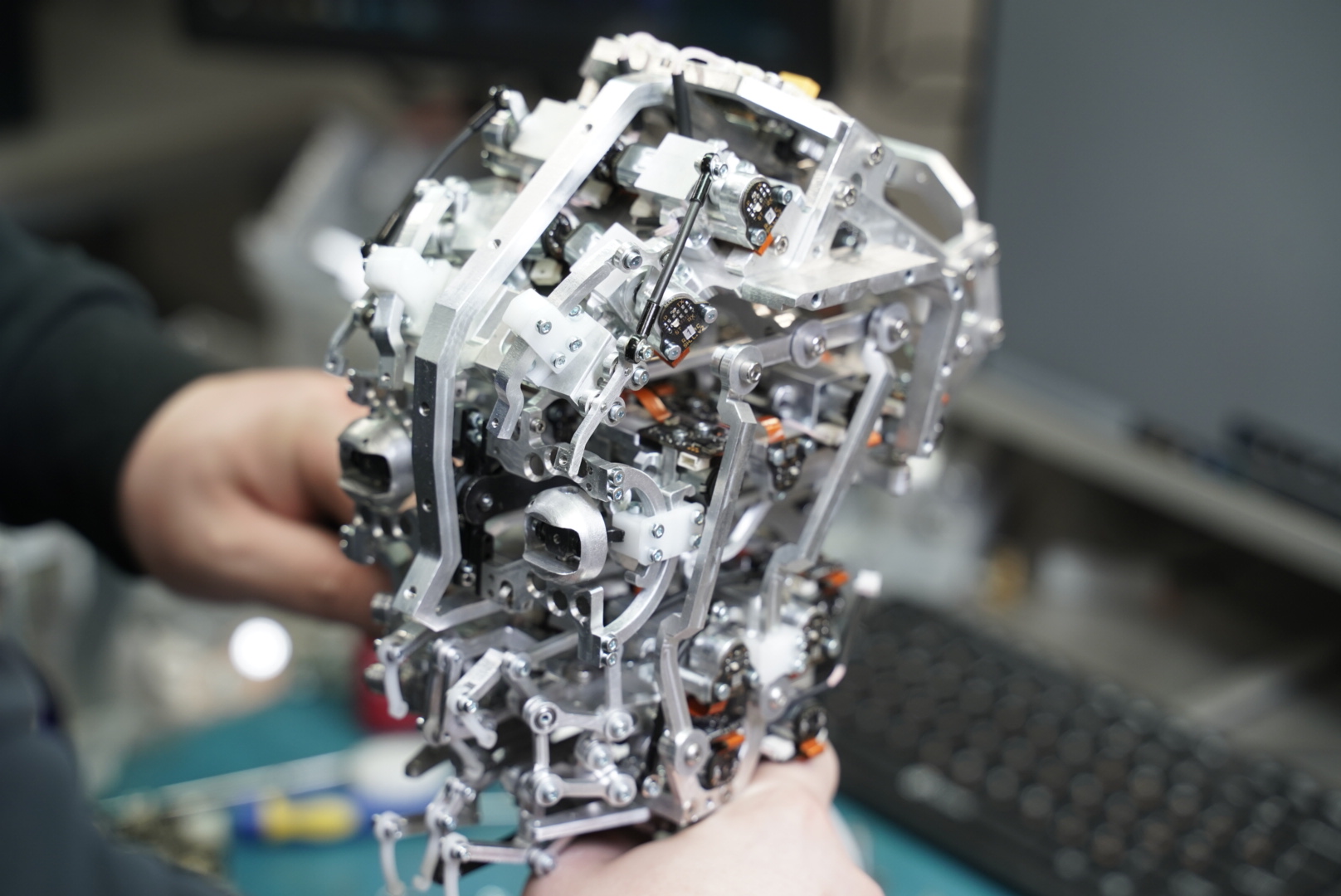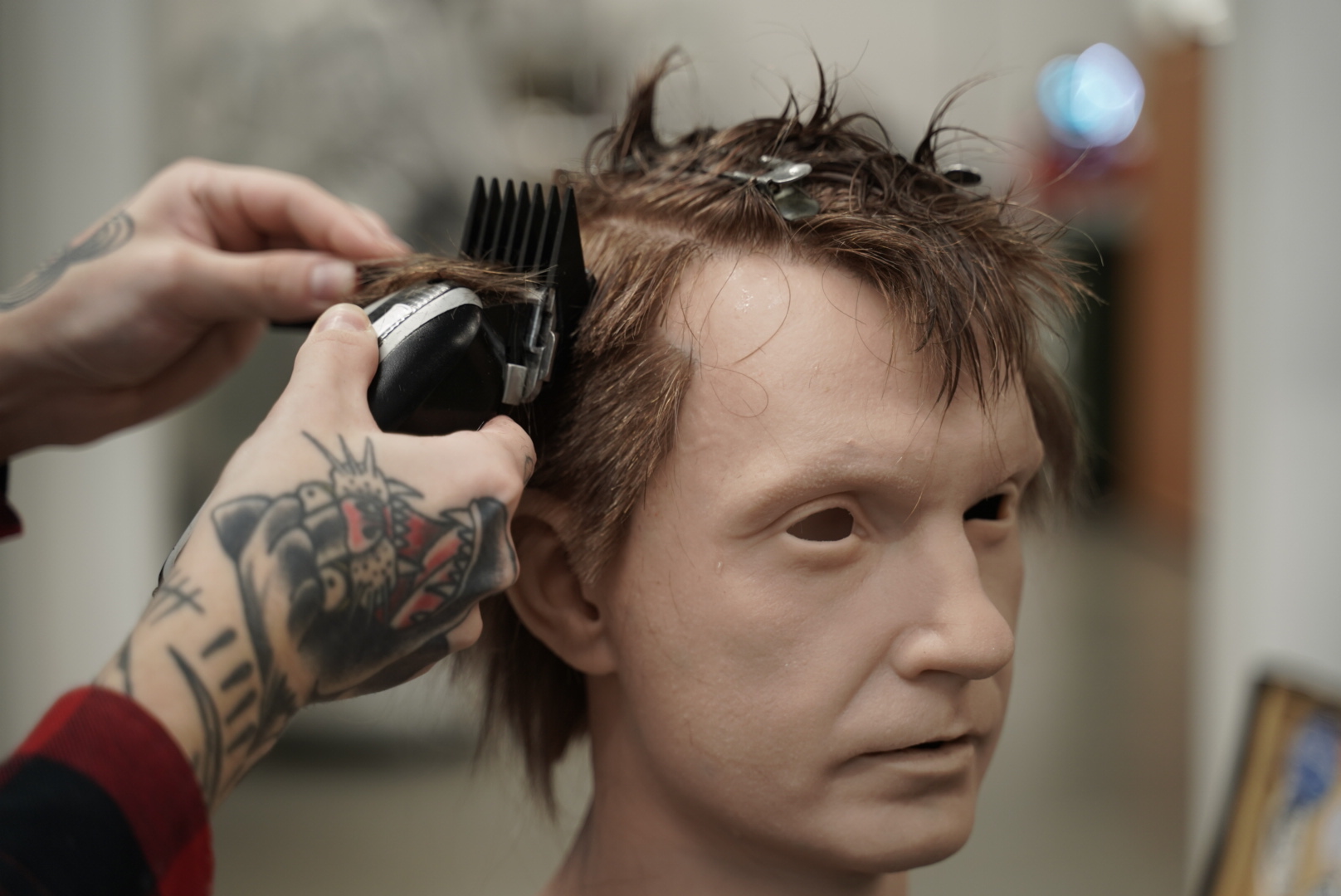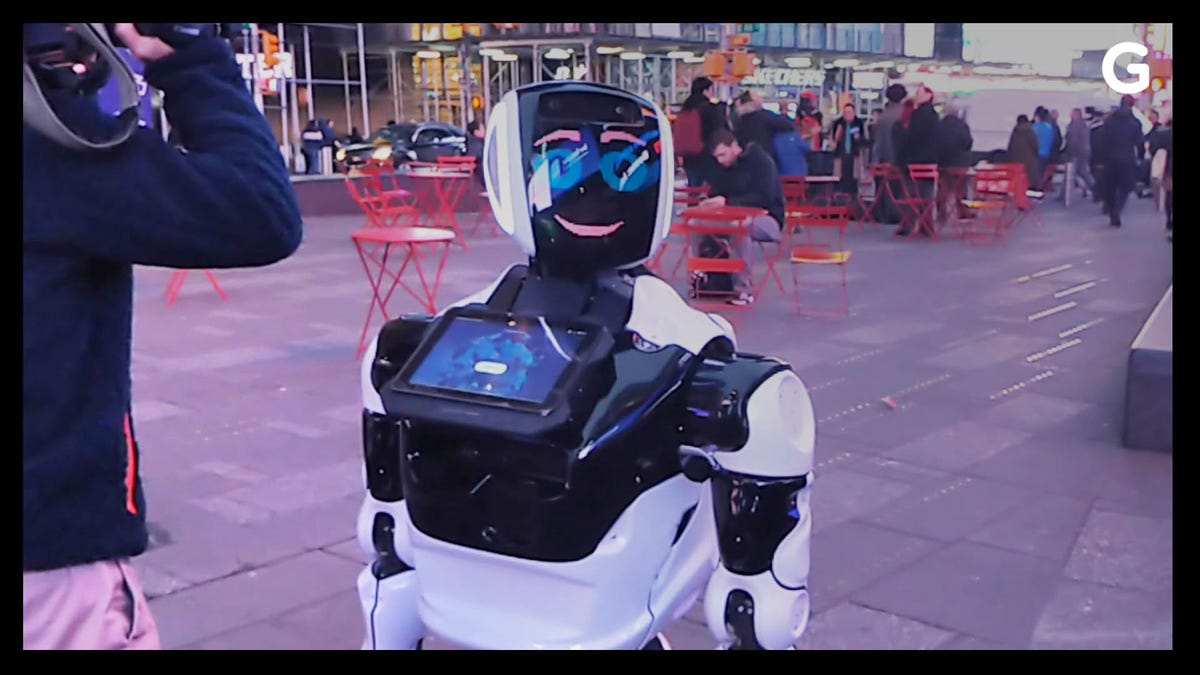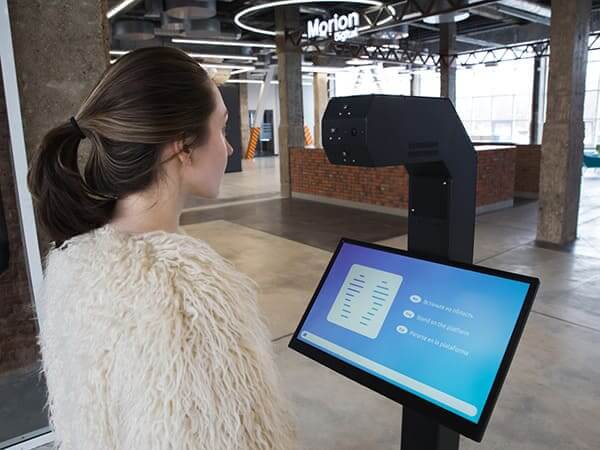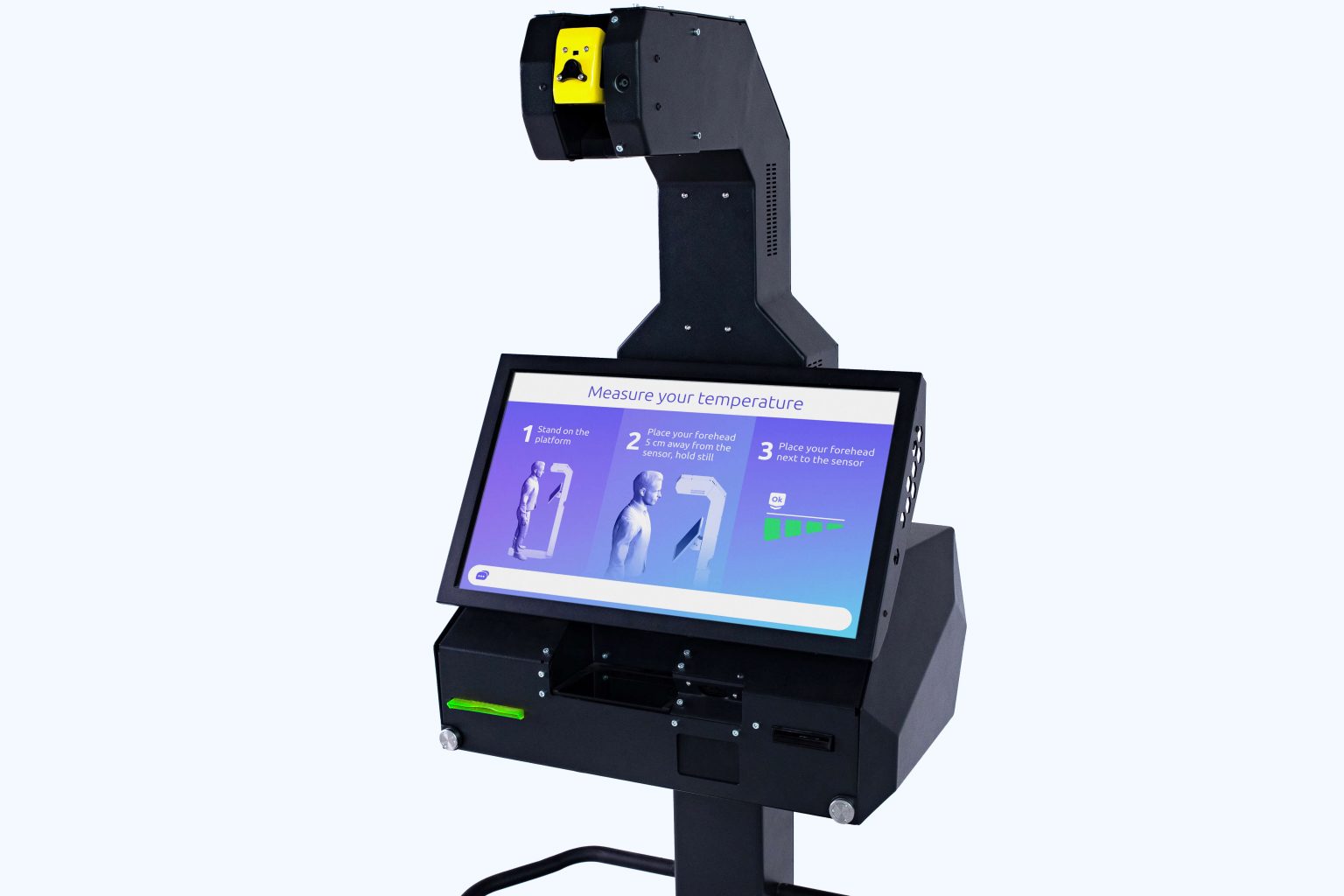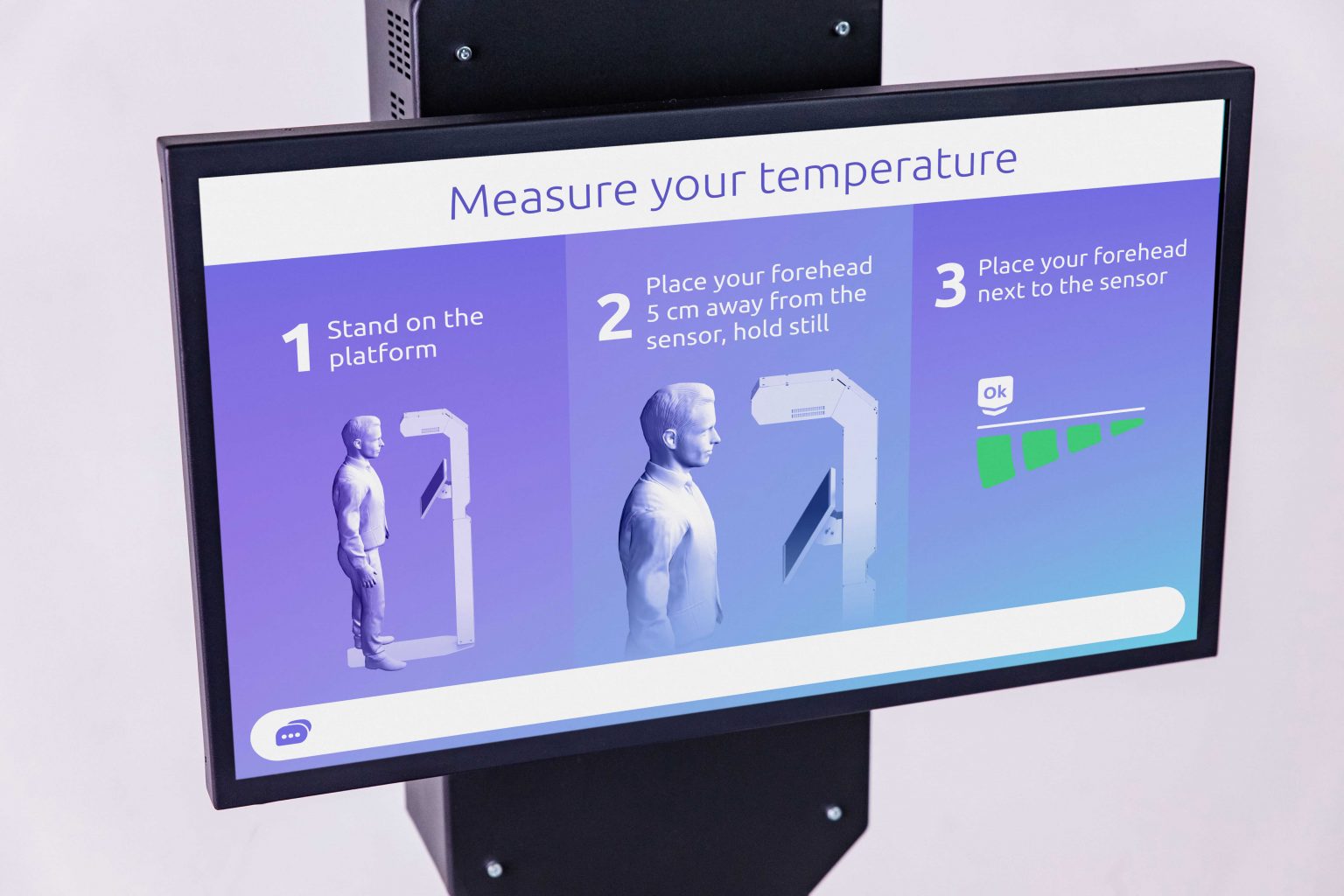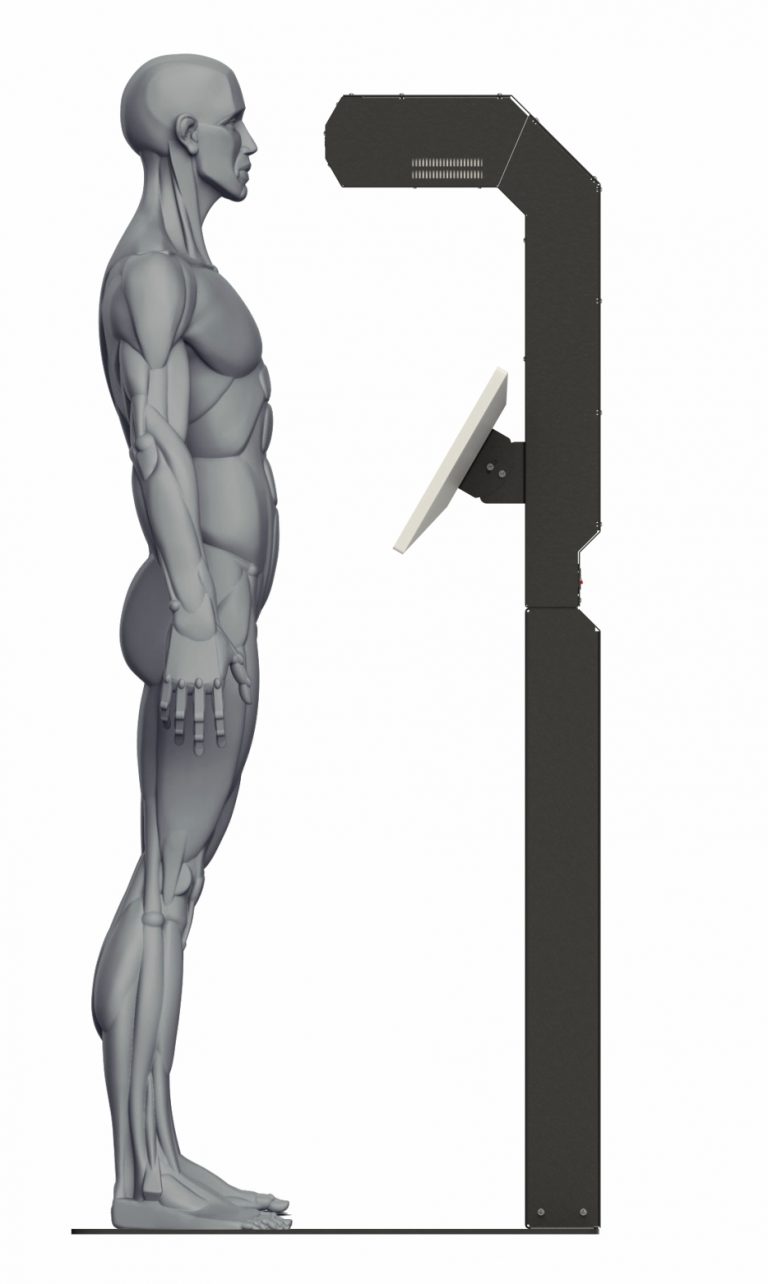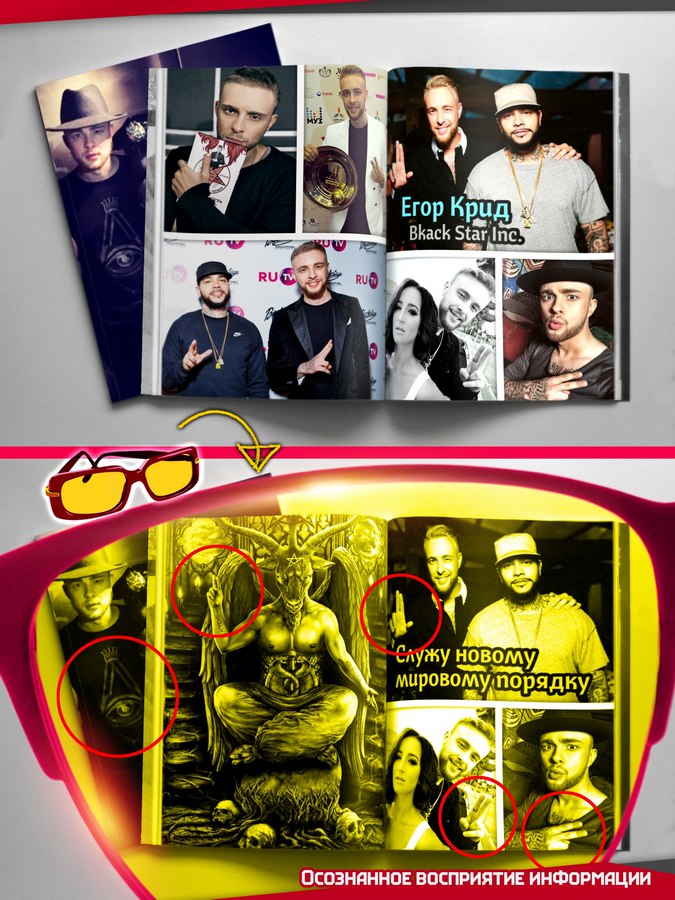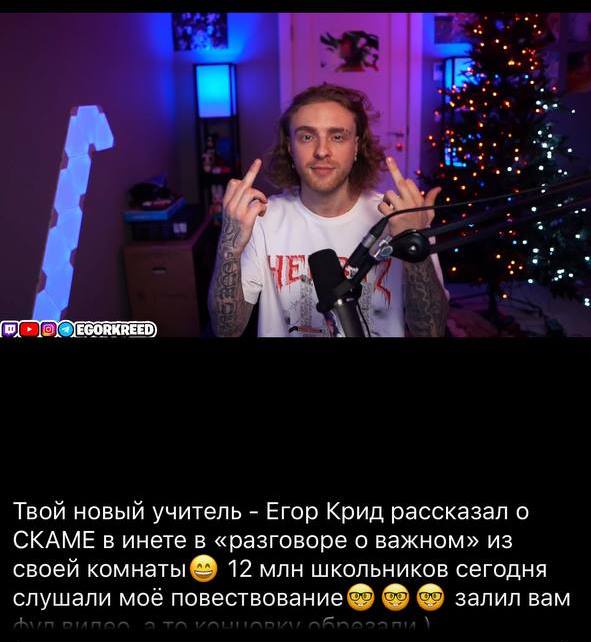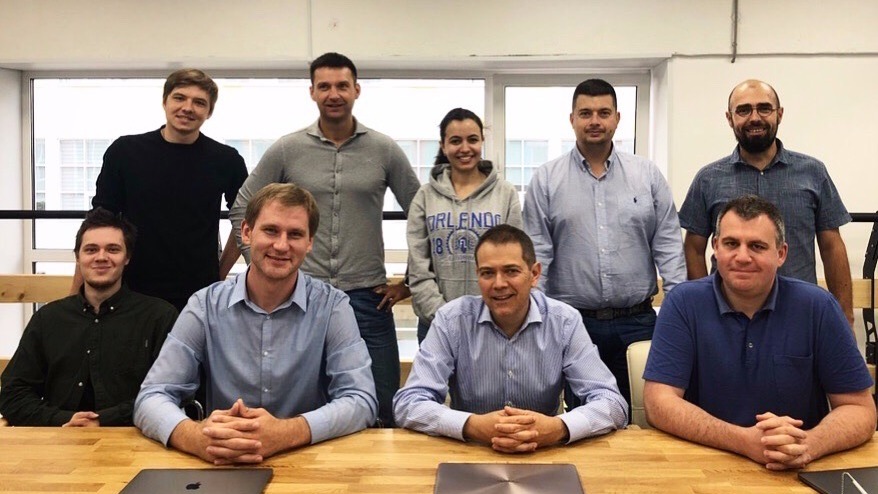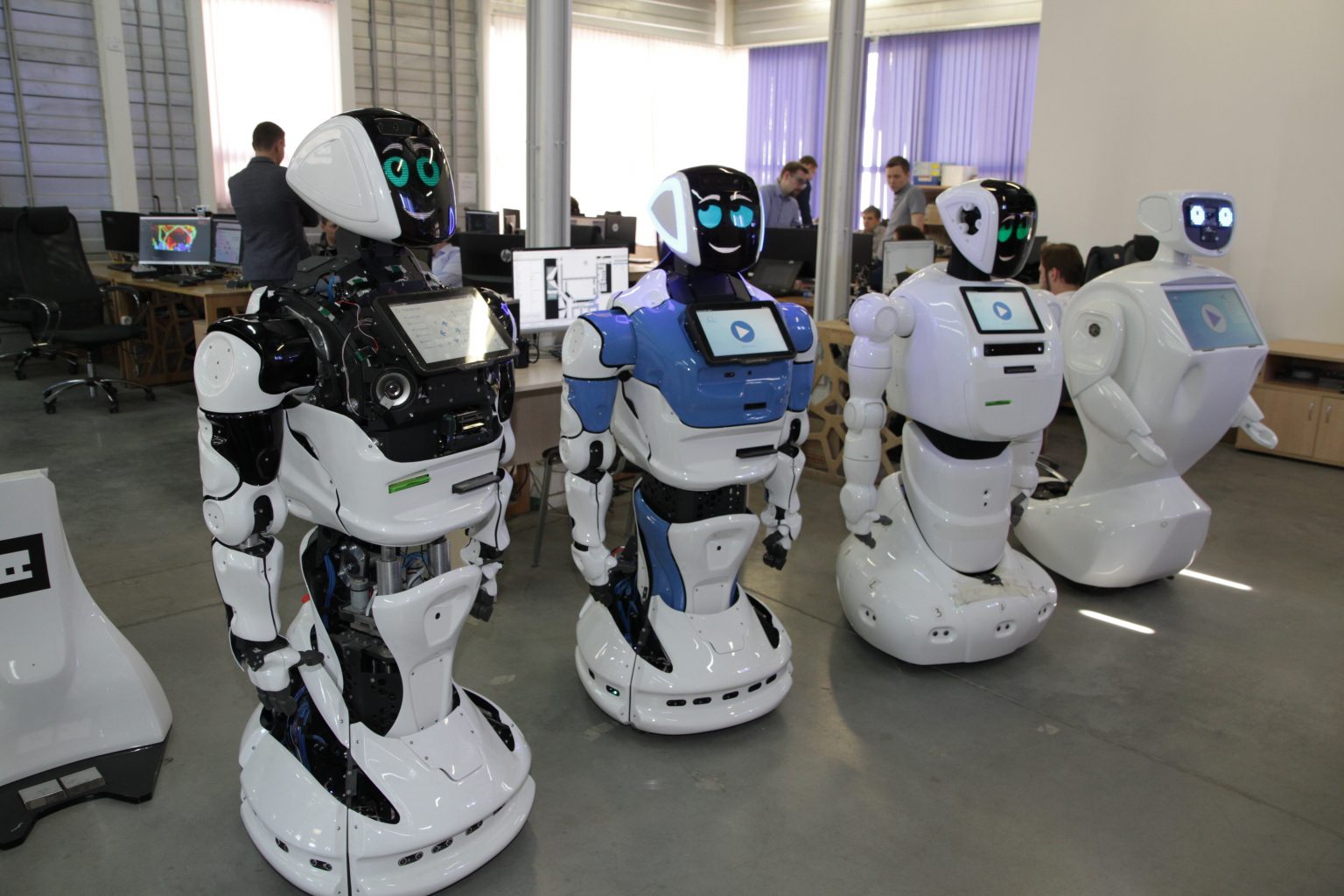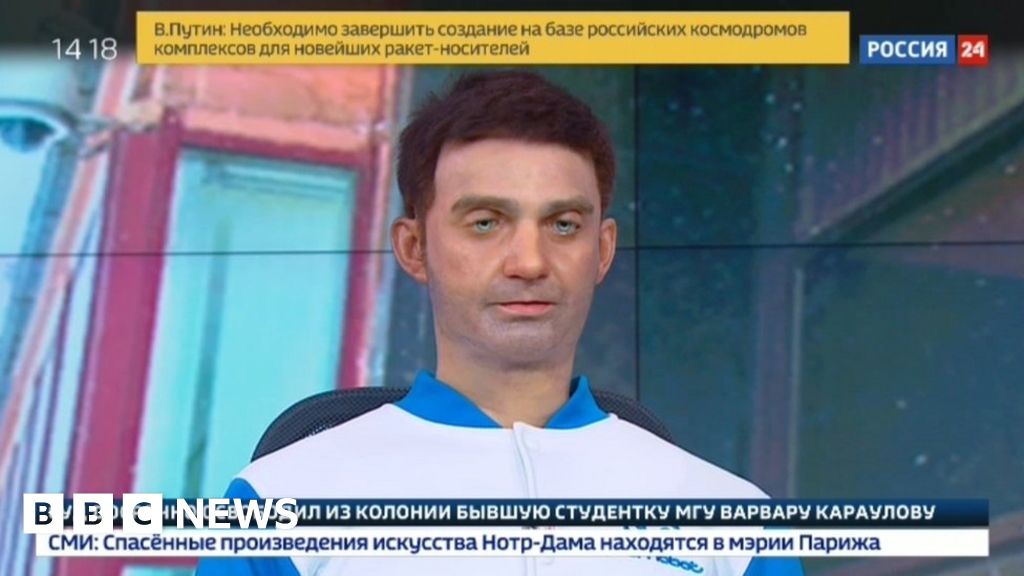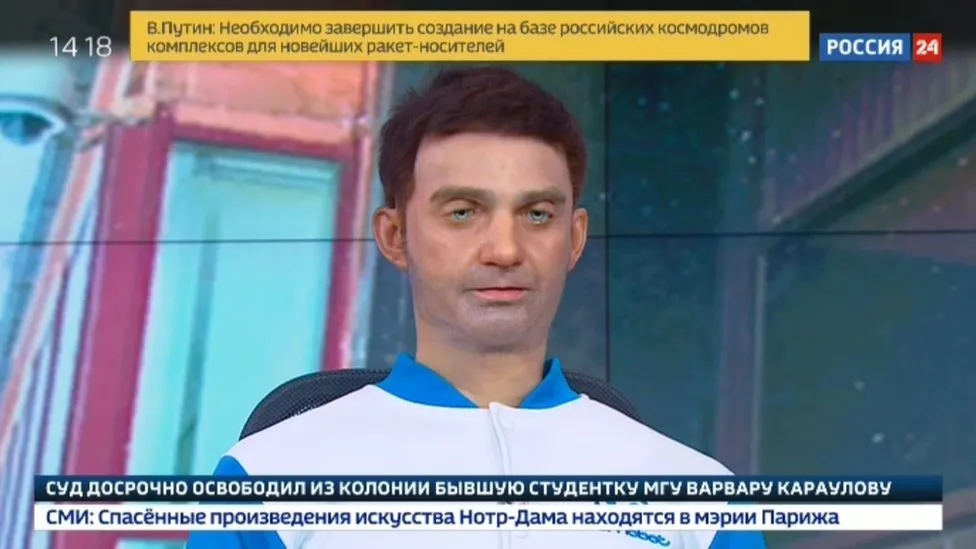Lalas
Star
- Joined
- Nov 8, 2022
- Messages
- 1,383
The Skolkovo Foundation

 sk.ru
What are carbon credits and how do they affect the environment
sk.ru
What are carbon credits and how do they affect the environment
January 25, 2023
Russia is one of the largest emitters of CO2 on the world stage. "Domestic" emissions account for 5% of the total greenhouse gas emissions, according to British Petroleum analysts. The quartet of leaders includes China, the United States, the European Union and India.
The fight against the growing carbon footprint is one of the trends of legislative activity. The greatest resonance was caused by the adoption of cross-border carbon regulation (TUR) by the European Union: now importers are obliged to pay Brussels for exceeding the norm of established emissions generated during the production of imported goods.
Russia played ahead of the curve and took retaliatory measures to stimulate the modernization of industry and preserve capital within the country.
Federal Law No. 296 "On Limiting Greenhouse Gas Emissions" obliges domestic businesses to calculate and reduce their own carbon footprint within national borders. Companies' inaction will lead to large fines, and the companies themselves are already striving for self-regulation, giving preference to "green" partners and contractors.
How to avoid fines for exceeding the "carbon" limits, get into the plus and create the image of a "green" company? This is told by an expert of the domestic ESG service "Save the Forest", which is developing on the basis of the Skolkovo technopark.

 www.comnews.ru
Rostelecom has created a secure digital space in schools of the Nizhny Novgorod region
www.comnews.ru
Rostelecom has created a secure digital space in schools of the Nizhny Novgorod region
26.01.2023
Rostelecom has completed the federal project "Digital Educational Environment" in state educational institutions of the Nizhny Novgorod region. In two years, the company has created a communications infrastructure, organized wireless broadband Internet access and connected a video surveillance system in 579 schools in the region.
160 schools in Nizhny Novgorod and 419 in the region participated in the project. To connect digital services, the company has built a structured cabling system inside 687 buildings. Rostelecom specialists laid a cable in 21,570 premises and installed over 22,000 pieces of equipment. All classrooms are equipped with Wi-Fi access points.
2,687 surveillance cameras help to ensure security in schools. They are installed at the entrances to educational institutions. The recordings are stored on the DVR for 31 days. This year, the devices are planned to be integrated with the "Safe City" agro-industrial complex.
By the beginning of the project, the technological basis for connecting digital services was already ready: Rostelecom has been building optical communication channels to educational institutions since 2019 under the state program for socially significant facilities, including schools, and under the federal project "Unified Data Transmission Network".
Evgeny Petrov, Vice President, Director of the Nizhny Novgorod Branch:
"The Digital Educational Environment is the largest project in the field of education. Its scale is impressive — a huge number of objects, a lot of rooms and devices. The company's specialists laid over 1,600 kilometers of cable, combined local area networks with the ESPD, installed and configured tens of thousands of pieces of equipment — it was a very time-consuming and human-resource process. As a result, Rostelecom has created a secure digital space in most schools in the region."
Stable Internet coverage is organized in all classes. Projectors, laptops and any other digital equipment are now easily connected via Wi-Fi. Teachers can easily access the network from their devices anywhere in the school from any device.
"Thanks to the Digital Educational Environment project, rural and urban schools of the Nizhny Novgorod region have received equal opportunities in using the latest information technologies. Stable high-speed Internet ensures the availability of various online services in the classroom, makes the learning process more technological, interesting and diverse. The digital world in the field of education is becoming a reality. We can say with confidence that it will be comfortable for children, teachers, and parents," said Olga Petrova, Minister of Education and Science of the Nizhny Novgorod region.
By Order of the Government of the Russian Federation No. 713-r dated March 22, 2021, Rostelecom was appointed the sole executor of the work on the formation of a sustainable ICT infrastructure in educational organizations. Work on the Digital Educational Environment project was carried out in the Nizhny Novgorod Region from 2021 to 2022. It has also been implemented in 23 other regions of the Russian Federation: Altai, Krasnodar, Krasnoyarsk and Perm Territories, the republics of Bashkortostan, Dagestan and Tatarstan, Astrakhan, Kaliningrad, Kaluga, Kemerovo, Moscow, Novgorod, Novosibirsk, Omsk, Rostov, Sakhalin, Sverdlovsk, Tula, Tyumen and Chelyabinsk Regions, Yamalo-Nenets Autonomous Okrug and St. Petersburg.
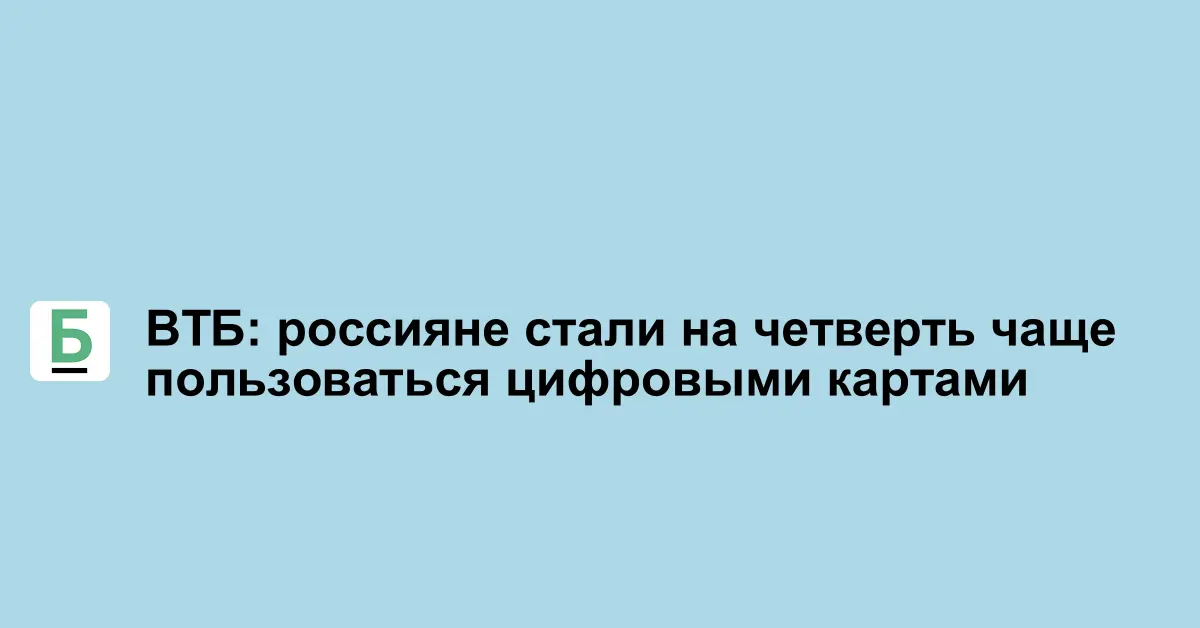
 bankinform.ru
VTB: Russians have become a quarter more likely to use digital cards
bankinform.ru
VTB: Russians have become a quarter more likely to use digital cards
25.01.23 12:22
Results of 2022
The number of transactions on VTB digital cards in 2022 increased by 25% compared to last year and reached 60 million transactions, - the press service of the credit institution reports, - on average, the user of such cards makes about 20 transactions per month.

Что такое углеродные кредиты и как они влияют на экологию
Россия – один из крупнейших эмитентов СО2 на мировой арене. «Отечественные» выбросы составляют 5% от
January 25, 2023
Russia is one of the largest emitters of CO2 on the world stage. "Domestic" emissions account for 5% of the total greenhouse gas emissions, according to British Petroleum analysts. The quartet of leaders includes China, the United States, the European Union and India.
The fight against the growing carbon footprint is one of the trends of legislative activity. The greatest resonance was caused by the adoption of cross-border carbon regulation (TUR) by the European Union: now importers are obliged to pay Brussels for exceeding the norm of established emissions generated during the production of imported goods.
Russia played ahead of the curve and took retaliatory measures to stimulate the modernization of industry and preserve capital within the country.
Federal Law No. 296 "On Limiting Greenhouse Gas Emissions" obliges domestic businesses to calculate and reduce their own carbon footprint within national borders. Companies' inaction will lead to large fines, and the companies themselves are already striving for self-regulation, giving preference to "green" partners and contractors.
How to avoid fines for exceeding the "carbon" limits, get into the plus and create the image of a "green" company? This is told by an expert of the domestic ESG service "Save the Forest", which is developing on the basis of the Skolkovo technopark.
Climate projects
The most understandable and obvious way. The company implements a set of measures aimed at reducing the carbon footprint of business processes. The integration of new equipment, technologies or design solutions leading to the reduction or compensation of emissions is the implementation of a climate project.
Its result is carbon units – a measure of measuring the effect, equal to one ton of CO2 equivalent. The project documentation, after appropriate checks, is sent to the Register of Carbon Units (a database of initiatives to reduce emissions).
After the implementation of the set of measures, a special commission verifies the results and credits carbon units to the company – they will be deducted from the total carbon footprint of the organization, which reduces the likelihood of administrative punishment.
Carbon trades / Credits
But the company does not necessarily have to implement such projects independently. Carbon units can be produced by a third–party contractor - and put up for specialized auctions. The average cost of a ton of CO2 equivalent in Russia is 1 thousand rubles.
Buying such a "currency" is a universal tool that allows companies to improve their reporting and avoid sanctions. The domestic market of carbon units, created in the fall of 2022, is the main event in the country's sustainable development agenda of recent decades.
Decarbonization technologies, the use of which allows to obtain carbon units, can be divided into three types – prevention, capture and compensation.
Prevention of emissions
The vital activity of many enterprises is ensured by burning fossil fuels – for example, fuel oil or coal. Such energy carriers are the main driver of CO2 emissions. Renewable energy sources can be used to reduce the carbon footprint.
Wind turbines and solar panels are the most "recognizable" decarbonization technologies. It was on the basis of solar panels that the company Dalenergoinvest LLC produced and sold the first carbon units on the domestic market.
Another tool in the arsenal of enterprises is energy efficiency. The construction of ergonomic heat exchange systems makes it possible to reduce the consumption of fossil fuels even on outdated equipment. The "carriers" of the technology here are qualified design teams and computer modeling.
Capturing emissions
If many generations of engineers are familiar with prevention technologies, then emissions capture is a new science–intensive direction. A vivid illustration is the projects of SIBUR, which has begun to introduce technologies for the purification and processing of CO2.
Emissions – derived from the vital activity of petrochemical enterprises – can be "collected" by special devices. Further, the carbon is subjected to technological processing – for further use in medicine, metallurgy and the food industry.
Emissions compensation
Finally, one of the main tools of cost–effective decarbonization is emission compensation projects. Companies invest in the restoration of forest cover, allowing thousands of planted trees to reduce the load on the atmosphere from their own business processes.
Photosynthesis, familiar to everyone from the school curriculum, is the main "technology" of such decarbonization: carbon processing by planted plants requires minimal costs from the investor.
However, it is a mistake to believe that any forest planting is a path to carbon units: forest restoration is regulated by dozens of industry standards, non–compliance with which will lead to damage to the environment, and not to its salvation.
Despite the apparent simplicity, every hectare planted has months of work by project teams, making sure that the new forest on the map of Russia ensures the sustainable conservation of ecosystems and biodiversity.
It is important to note that reforestation projects are popular not only in industry, but also among non-manufacturing organizations. For example, the Moscow Stock Exchange invested in planting more than 20 thousand trees at the end of 2022, maintaining its reputation as one of the most responsible domestic corporations.
Such initiatives – implemented both independently and by third–party contractors - not only reduce the risks of penalties, but also have a positive impact on the rating dynamics of the business, opening the way to new sources of financing and demand among customers and counterparties.

"Ростелеком" создал безопасное цифровое пространство в школах Нижегородской области
"Ростелеком" завершил федеральный проект "Цифровая образовательная среда" в государственных образовательных учреждениях Нижегородской области. За два года компания создала инфраструктуру связи, организовала беспроводной широкополосный доступ к интернету и подключила систему видеонаблюдения в 579...
26.01.2023
Rostelecom has completed the federal project "Digital Educational Environment" in state educational institutions of the Nizhny Novgorod region. In two years, the company has created a communications infrastructure, organized wireless broadband Internet access and connected a video surveillance system in 579 schools in the region.
160 schools in Nizhny Novgorod and 419 in the region participated in the project. To connect digital services, the company has built a structured cabling system inside 687 buildings. Rostelecom specialists laid a cable in 21,570 premises and installed over 22,000 pieces of equipment. All classrooms are equipped with Wi-Fi access points.
2,687 surveillance cameras help to ensure security in schools. They are installed at the entrances to educational institutions. The recordings are stored on the DVR for 31 days. This year, the devices are planned to be integrated with the "Safe City" agro-industrial complex.
By the beginning of the project, the technological basis for connecting digital services was already ready: Rostelecom has been building optical communication channels to educational institutions since 2019 under the state program for socially significant facilities, including schools, and under the federal project "Unified Data Transmission Network".
Evgeny Petrov, Vice President, Director of the Nizhny Novgorod Branch:
"The Digital Educational Environment is the largest project in the field of education. Its scale is impressive — a huge number of objects, a lot of rooms and devices. The company's specialists laid over 1,600 kilometers of cable, combined local area networks with the ESPD, installed and configured tens of thousands of pieces of equipment — it was a very time-consuming and human-resource process. As a result, Rostelecom has created a secure digital space in most schools in the region."
Stable Internet coverage is organized in all classes. Projectors, laptops and any other digital equipment are now easily connected via Wi-Fi. Teachers can easily access the network from their devices anywhere in the school from any device.
"Thanks to the Digital Educational Environment project, rural and urban schools of the Nizhny Novgorod region have received equal opportunities in using the latest information technologies. Stable high-speed Internet ensures the availability of various online services in the classroom, makes the learning process more technological, interesting and diverse. The digital world in the field of education is becoming a reality. We can say with confidence that it will be comfortable for children, teachers, and parents," said Olga Petrova, Minister of Education and Science of the Nizhny Novgorod region.
By Order of the Government of the Russian Federation No. 713-r dated March 22, 2021, Rostelecom was appointed the sole executor of the work on the formation of a sustainable ICT infrastructure in educational organizations. Work on the Digital Educational Environment project was carried out in the Nizhny Novgorod Region from 2021 to 2022. It has also been implemented in 23 other regions of the Russian Federation: Altai, Krasnodar, Krasnoyarsk and Perm Territories, the republics of Bashkortostan, Dagestan and Tatarstan, Astrakhan, Kaliningrad, Kaluga, Kemerovo, Moscow, Novgorod, Novosibirsk, Omsk, Rostov, Sakhalin, Sverdlovsk, Tula, Tyumen and Chelyabinsk Regions, Yamalo-Nenets Autonomous Okrug and St. Petersburg.

ВТБ: россияне стали на четверть чаще пользоваться цифровыми картами
ВТБ: россияне стали на четверть чаще пользоваться цифровыми картами
25.01.23 12:22
Results of 2022
The number of transactions on VTB digital cards in 2022 increased by 25% compared to last year and reached 60 million transactions, - the press service of the credit institution reports, - on average, the user of such cards makes about 20 transactions per month.
The total amount of spending by VTB customers on digital cards in 2022 exceeded 63 billion rubles, an increase of 22% year-on-year. Mir virtual cards became the driver of turnover growth: during the year, the bank's customers paid for purchases and services worth over 42 billion rubles with them, which is 8.4 times higher than last year. The volume of transactions on digital cards of other payment systems is expected to have halved.
At the end of the year, the number of transactionally active digital cards increased by 40%. On average, spending on one such card per month is about 16 thousand rubles," the report says.
"Over the past year, the payment infrastructure has adapted to the new working conditions. The withdrawal of international payment systems from the Russian market has accelerated the development of the national Mir card and domestic services, including Mir Pay, which allows you to pay with a smartphone. Therefore, the demand for digital cards in 2022 not only did not decrease, but also increased significantly. VTB has multiplied both the portfolio of issued virtual cards and its growth rate. This year, according to our estimates, the dynamics of demand for the product will decrease slightly: they are perpetual and do not need to be reissued, cannot be lost or stolen. At the same time, the turnover on digital cards will continue to grow: according to our forecasts, it will increase by 15-20% over the year," comments Ksenia Andreeva, head of the Debit Cards and Accounts Department at VTB.





